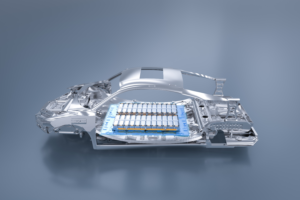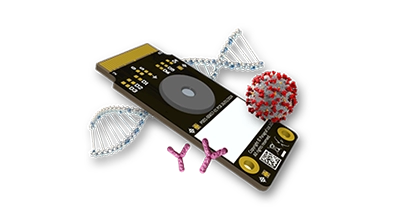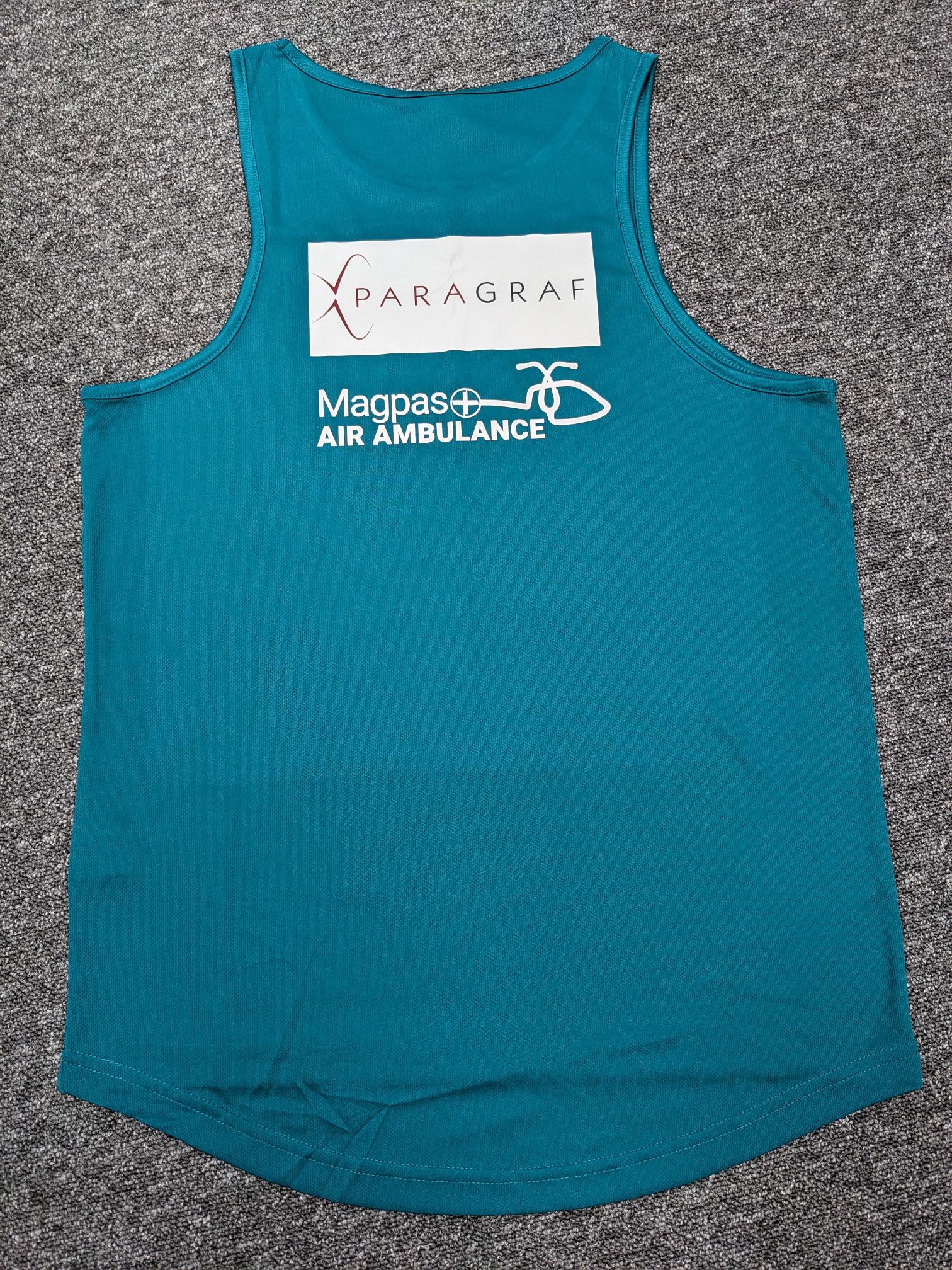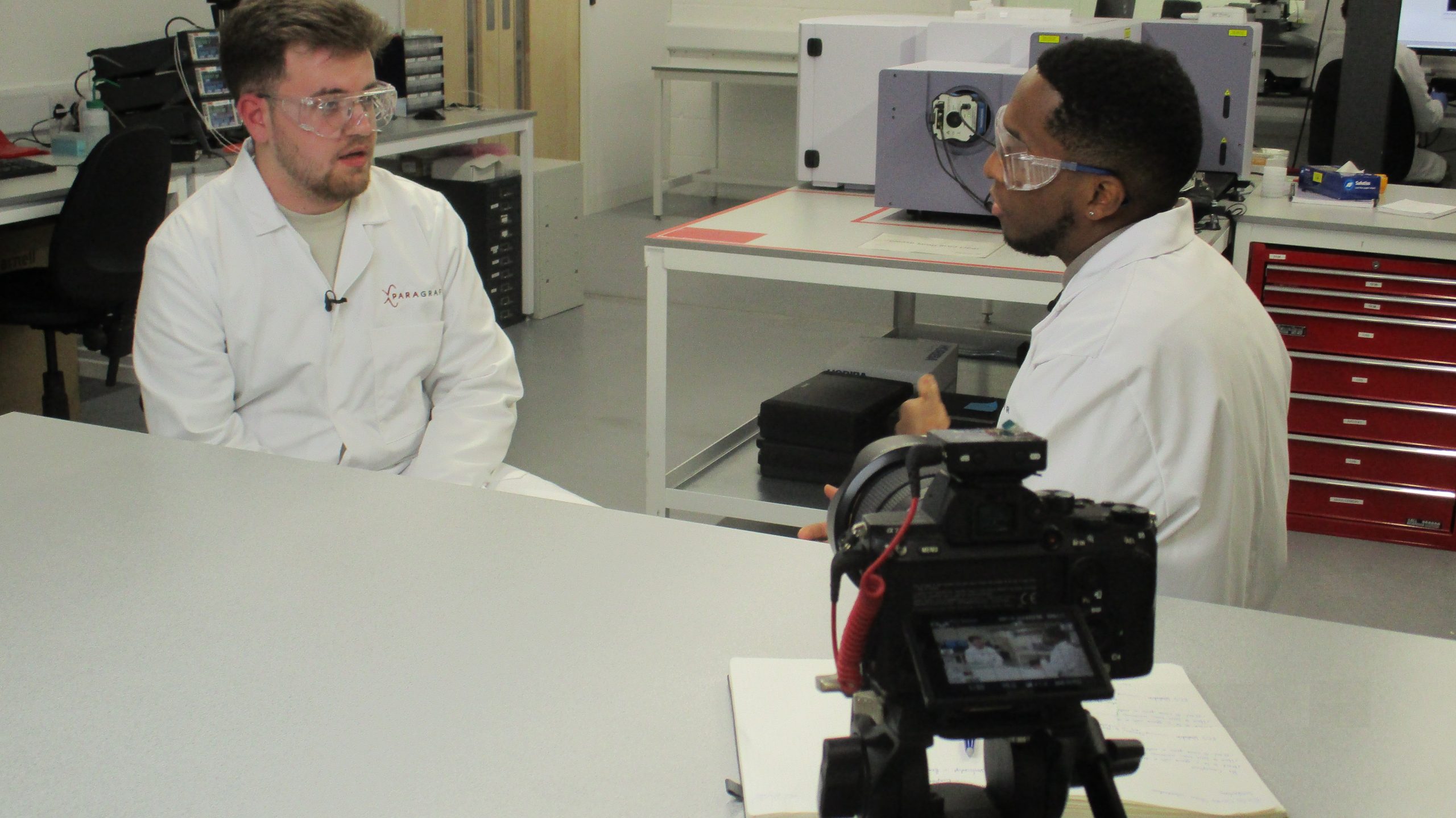Today, Cardea Bio, Inc. reaches an 8-year milestone of the first external partner starting to use the BPU (Biosignal Processing Unit) platform for advancing drug discovery research to produce new and highly sought-after insights.
Principal Investigator at Bar-Ilan University, Dr. Nir Qvit, shares, “It’s kind of a love story between Cardea and my research, as I have already published five papers using the BPU platform. In my estimation, the BPU platform is a very important tool for drug discovery, because it’s fast, easy to use, and doesn’t require a lot of reagents. For example, the JoVE paper we published in March of 2022 compared a BPU assay with Isothermal Titration Calorimetry (ITC), a common biophysical measurement system. It took one day to gather the data with the BPU versus fourteen days to take the data for ITC with significantly more protein required. This exemplifies how the BPU should be an important part of the toolbox in drug discovery and a technology that all pharma companies can benefit from.”
While working as a postdoc at Stanford University in the Mochly-Rosen Lab, Dr. Nir Qvit’s work caught the attention of Cardea’s Chief Technological Officer, Brett Goldsmith, PhD, who initiated a collaboration. The partnership has continued after the Bar-Ilan University offered Dr. Qvit his own lab, focusing on chemistry and biology of protein-protein interactions for drug discovery in pharmacology.
“When I learned that Dr. Qvit required in vitro proof that his peptides were binding to specific proteins, I immediately thought that this was something that we should be able to solve with our graphene Field Effect Transistor – the BPU. After attending a conference in San Francisco in January of 2015, I swung by the lab in the afternoon, before having to catch a return flight to San Diego three hours later. Nir and I tried out his biochemistry, honestly expecting that we’d just show some promise and work through refining the measurements over the next few weeks. Amazed by the great results from these very first experiments, I kept rescheduling my flight so we could run more measurements. And in the end, we captured all the measurements that closed the gap on what Nir was missing for his publication that afternoon! So even though I got home almost a day later than planned, it was a breakthrough for us and absolutely worth it,“ says Dr. Brett Goldsmith, CTO at Cardea Bio.
“My eureka moment came after Dr. Goldsmith visited our lab and we had success on the very first day of experimenting. By the end, we had achieved the exact high value results that I could not achieve with any other technology.” states Dr. Qvit, and continues, “Initially we were using the BPU platform to see binding interactions between known proteins and peptides that we designed and synthesized. Today we’re also doing competitive studies to see if our peptides can inhibit protein-protein interactions. I can’t wait to continue to evolve the system to accomplish cell-based assays. With Cardea, I believe the possibilities to solve some of the largest problems in drug discovery are achievable.“
“When I got my own lab at Bar-Ilan University in 2017, I immediately got the single-BPU Agile R100 device which just recently was upgraded to the new Gateway Reader that runs experiments on eight different BPUs at the same time. I’ve been impressed with how responsive Cardea has been to our needs, and in turn how they have continuously improved their platform with a rapidly expanding suite of capabilities – improved software interfaces, automated analysis, and the high quality and consistency of the BPU performance.” concludes Dr. Nir Qvit of the Bar-Ilan University.
Protein-protein interactions represent a significant proportion of functionally relevant biological interactions, and therefore, manipulating these interactions is an important therapeutic strategy. The main focus of the Qvit lab is the identification of molecular modulators of protein-protein interaction using bioinformatics analysis, peptide and protein chemistry, as well as system-wide biological assays. The lab goal is the development of compounds capable of modulating protein complexes that will allow a better understanding of the role of specific protein-protein interactions in cells and will be a starting point for the development of therapeutic compounds. Learn more at https://medicine.biu.ac.il/en/QvitNir This post was originally published at https://www.cardeabio.com/news/drug-discovery-insights. Cardea Bio was acquired by Paragraf on 2 May 2023.
About the Nir Qvit Lab at Bar-Ilan







